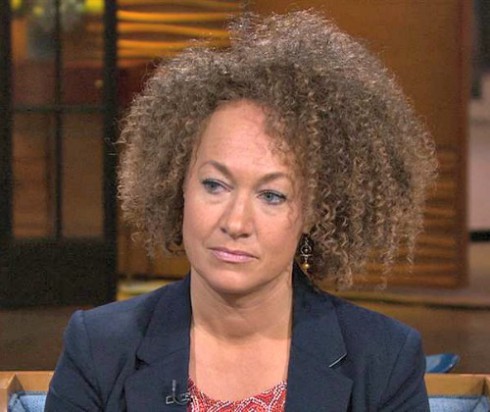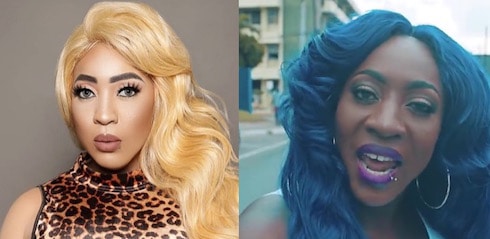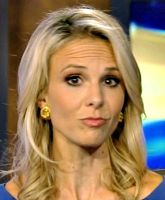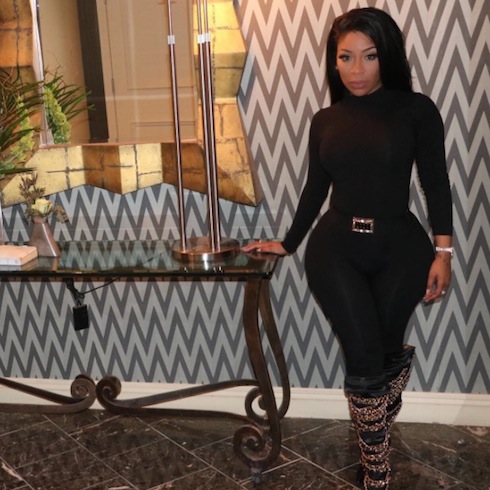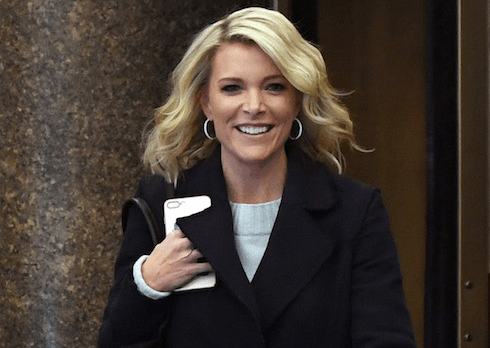What is transracial? Does it apply to Rachel Dolezal?
Speaking out for the first time since her parents outed her as Caucasian and she stepped down from her local NAACP role, Rachel Dolezal defended presenting herself as an African-American woman because she said she identifies as black.
“I was drawing self-portraits with the brown crayon instead of the peach crayon, and black curly hair,” she told Matt Lauer, explaining she began identifying as black when she was five.
She added that when she began to take on public roles, the media initially referred to her as transracial, then biracial and eventually just as black. She said she never felt a need to correct that. “One of my sons said, ‘Mom, racially you’re human and culturally you’re black.'”
Biracial has the fairly straight-forward definition of “relating to or involving members of two races,” such as a child born to a black parent and white parent. However, the question about what “transracial” means is a bit more complicated. According to Merriam-Webster, it means “involving, encompassing, or extending across two or more races.” The example given is “transracial adoption.”
Lost Daughters‘ Lisa Marie Rollins further explained that “transracial” means “a particular ‘state of being’ for people adopted across race. It also describes a kind of family unit / type of parenting.” She then described her experience:
For the past 35ish years, I’ve considered myself to be a transracial adoptee. The “trans” in transracial for me, never meant my race changed. It meant I was a multiracial black girl, adopted into a white family. It meant I was taken without my consent from one home, one place of origin and put inside another family, another culture, another race, one that didn’t belong to me. It meant I had to learn how to navigate my blackness and my black girlness, inside an often times racist, religious, violent and rigid white world. It meant living in a house and community that simultaneously erased me, racialized me and tokenized me. It gave me a language to articulate what was happening to me. But you know what it didn’t do? It never actually changed my race. An even with all the ‘privileges’ of whiteness, even with all the education, the middle class living, camping, fishing, hunting — It never made me white.
Lisa Marie said the use of “transracial” in reference to Rachel “have been particularly triggering for me.”
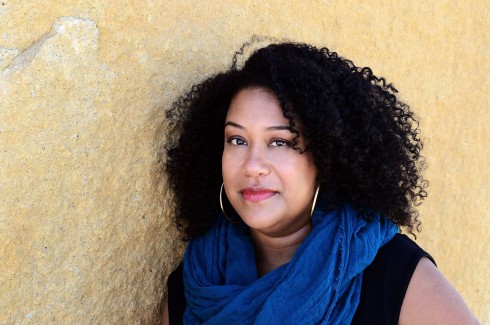
Lisa Marie Rollins, a transracial adoptee.
“The crucial difference here is that I had and continue have no choice in my blackness. I cannot hide my skin or make myself invisible when I am protesting police terror or creating theater art for other Black women with skin like mine,” she explained. “I cannot manipulate what race is for my own pleasure. Ms. Dolezal is a white woman, who made choices, who used and is still using every bit of her white privilege to maintain the power and elite status she has accrued from her deception.”
Janet Mock, the host of MSNBC’s SoPOPular and a trans woman, is also adamant that the term “transracial” does not apply to Rachel.
Stop using “trans racial” in regards to Dolezal. There is no such thing unless we’re discussing trans racial adoptions, adoptees & families.
— Janet Mock (@janetmock) June 14, 2015
Stop comparing Dolezal’s performance of black womanhood to my & my trans sisters’ lives. It only further erases/delegitimizes our existence.
— Janet Mock (@janetmock) June 14, 2015
I’ll always champion intersectionality, but in this case trans folks’ lives should NOT be part of the Dolezal conversation. It’s dangerous.
— Janet Mock (@janetmock) June 14, 2015
In a Huffington Post article titled “Why Comparing Rachel Dolezal To Caitlyn Jenner Is Detrimental To Both Trans And Racial Progress,” author Zeba Blay said “Let’s make one thing clear: transracial identity is not a thing.” That’s not true… But it is clear that “transracial” is a term that doesn’t apply to Rachel Dolezal.

